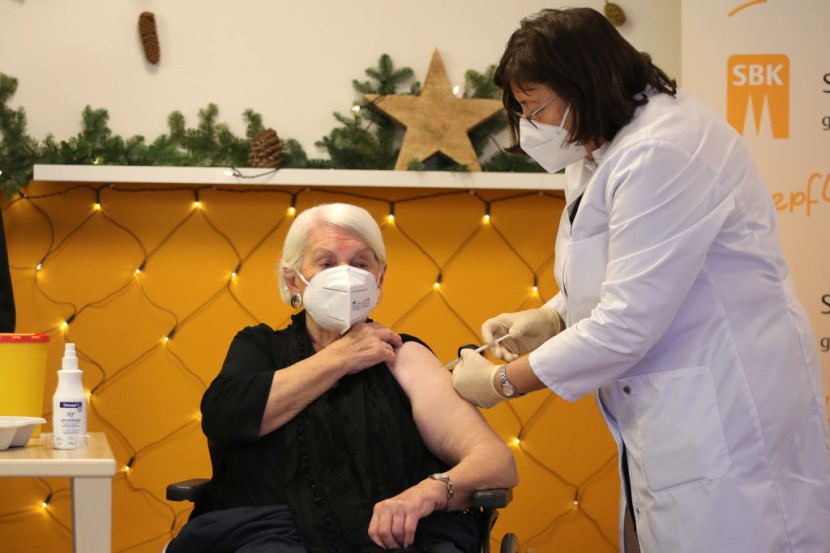
The COVID-19 pandemic will not be the final pandemic, and efforts to bolster human health are "doomed" without tackling animal welfare and climate change, according to the World Health Organization's chief.
In a video message on Sunday's first International Day of Epidemic Preparedness, WHO chief Tedros Adhanom Ghebreyesus also denounced the "dangerously short-sighted" cycle of throwing cash at outbreaks but doing nothing to prepare for the next outbreak.
COVID-19 Pandemic Would Not Be the Last
According to the WHO director-general, unless humans alter the way they engage with animals and address climate change, we will soon find ourselves fazed with another global health crisis.
Attempts to bolster human health are "doomed" unless we can readily tackle such issues, he stated as a dark year of economic turmoil and demise comes to a close, reported Mirror.
Ghebreyesus called on nations on Sunday to make a greater investment in their public health systems to make the world become more prepared for future epidemics and pandemics.
Ghebreyesus remarked in his message, "History tells us that this will not be the last pandemic, and epidemics are a fact of life," reported Business Standard.
In the video that marked the first International Day of Epidemic Preparedness on Sunday, he also said, "history tells us that this will not be the last pandemic, and epidemics are a fact of life," reported Axios.
"With investments in public health, supported by an all-of-government, all-of-society, one health approach, we can ensure that our children, and their children inherit a safer. more resilient and more sustainable world," he added.
The pandemic reportedly underscored the intimate links between the health of humans, Earth, and animals.
The director-general noted the world has operated on a cycle of panic and neglect. He pointed out every country needs to invest in what he touted as the supply of care: the ability to avoid, detect, and control all types of emergencies.
He said strong primary healthcare is especially vital as the foundation of universal health coverage. He added real preparedness necessitates an "all-of-government and all-of-society approach."
The tabulation stands at 80,182,793 novel coronavirus cases with 1,755,141 fatalities globally, according to Johns Hopkins University.
The Global Preparedness Monitoring Board's September 2019 first yearly report on world readiness for health emergencies, published a couple of months before the coronavirus first emerged, indicated the planet was direly unprepared for probable devastating pandemics.
In the past year, the globe has turned a 180, and the effects of the pandemic go far beyond the illness itself, with far-reaching consequences for economies and societies, according to the WHO chief.
He added the COVID-19 pandemic should not have come as a surprise taking into account all the repeated warnings. He urged the public to learn the lessons the global health crisis is teaching us.
The UN health agency head remarked that with investments in public health, it would be affirmed that our children and their children are bequeathed a more resilient, safer, and more sustainable world.
The United Nations General Assembly called for the International Day of Epidemic Preparedness in order to promote the vitality of alleviation, partnership, and preparedness in tackling epidemics.








